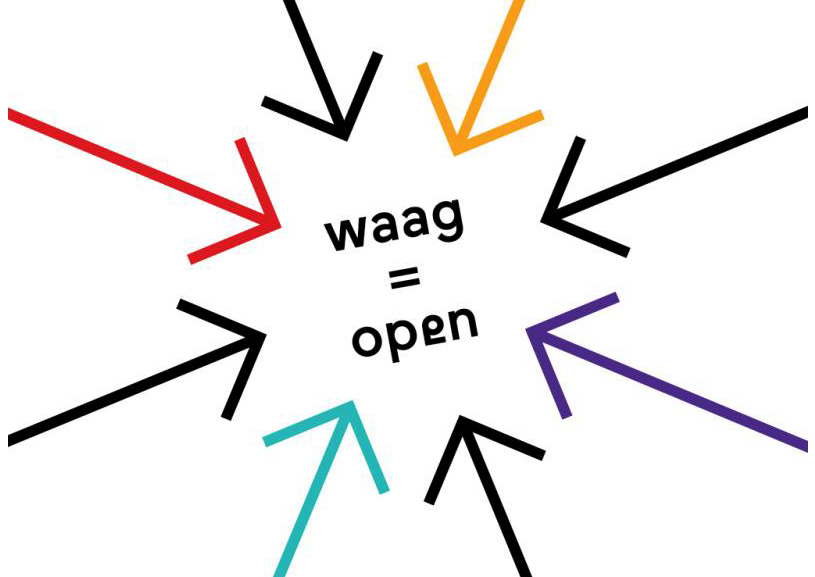Introducing Waag
The collective based in Amsterdam has been mixing together technology, art, education and the social good since 1994. Back then the initiators of Waag took the media lab at Massachusetts Institute of Technology as a partial model. But they wanted theirs to involve the community. “We were very strong in believing that this lab should be in the public sphere – a sociable lab,” Marleen Stikker says. Until now Waag’s work focuses on emergent technologies as instruments of social change and is guided by the values of fairness, openness and inclusivity. They have a dedicated team of sixty thinkers and makers, composed as research groups, to empower people to become active citizens through technology.
Waag has a public research agenda that consists of the following groups:
- Make has a DIY attitude, researching societal and ecological questions through hardware, production processes and materials.
- Code works to raise awareness of the consequences of new technology and develops concrete alternatives to make citizens more resilient and agile.
- Learn focuses on contemporary education and heritage and explores experiential disciplines to help people meaningfully participate in society.
- Care uses co-creation to work with users, designers, artists and developers to research and develop innovative concepts for the healthcare sector.
Within this agenda, I came across a very inspiring quote relating back to Michel Foucault (The Birth of Biopolitics, 2004): “What a citizen is to the state, the maker is to technology. Our critical agency as individuals stems from an awareness that neither state nor technology are neutral. This agency gives both makers and citizens a form of autonomy, or self-governance in the public sphere, a position apart from the structures of market or state.” This makes me eager to meet Max Kortlander of Waag here in Berlin to discuss if a platform like Waag or the Open Source Lab can be neutral.
